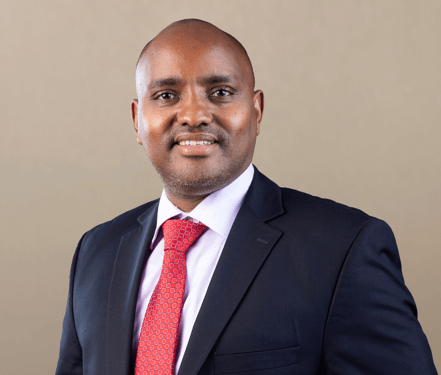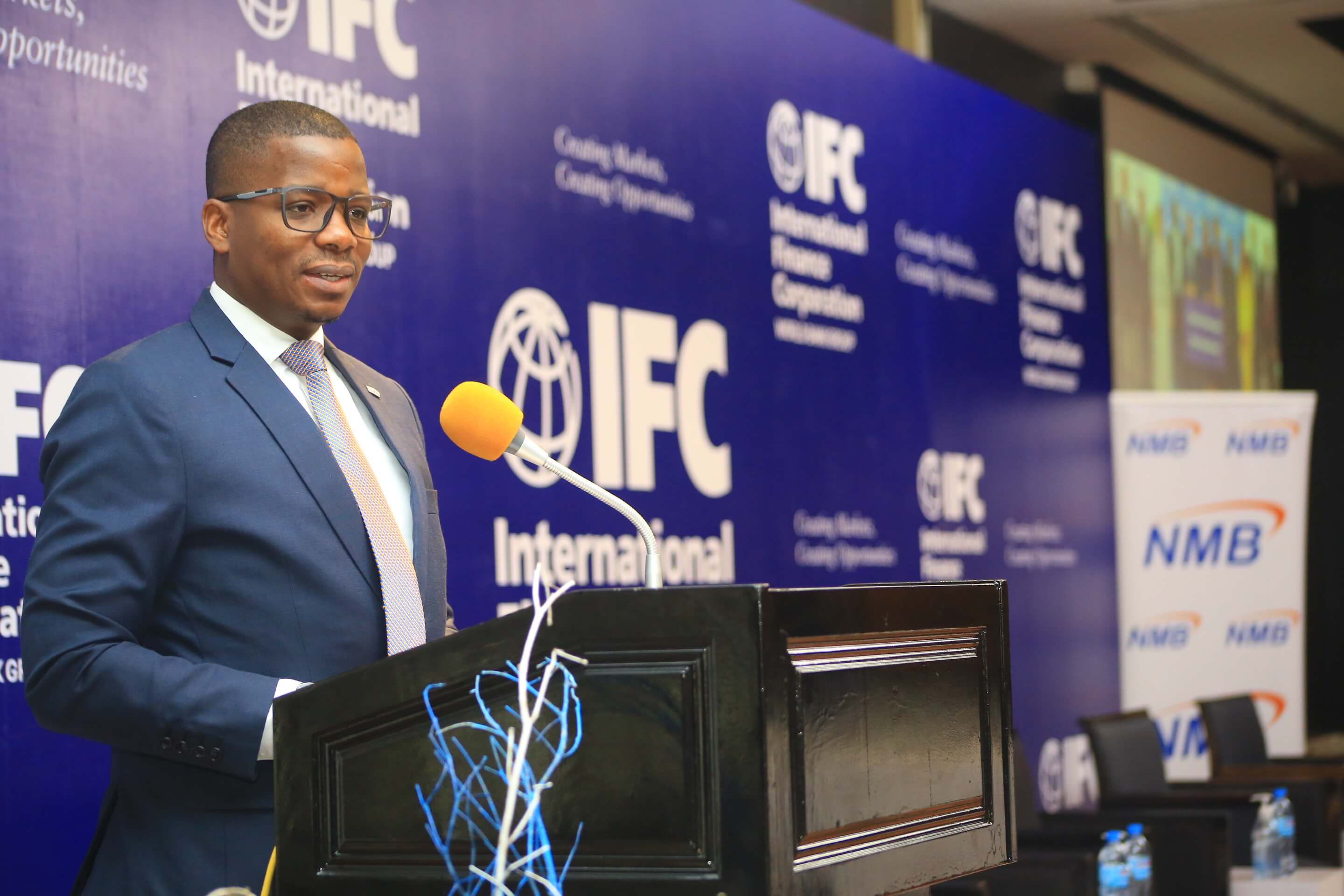KCB Group net profit for the first three months of the year has dropped by 2.9 percent to Ksh9.5 billion ($68.8 million) on increased costs, including that of consolidating the unit it acquired in the Democratic Republic of Congo (DRC) last December.
The retreat in net earnings from Ksh9.79 billion ($70.94 million) posted in the first quarter of 2022 was despite the growth in both interest and transactions income during the review period.
Net interest income rose 11.8 percent to Ksh22.06 billion ($159.86 million) as the loan book hit Ksh928.8 billion ($6.73 billion) in March from Ksh863.3 billion ($6.26 billion) in December.
Non-interest income grew by 59.2 percent to Ksh14.79 billion ($107.17 million), with the lender attributing this to increased service fee earnings tied to increased digital transactions.
KCB, however, saw a 53.4 percent rise in operating expenses to Ksh22.99 billion ($166.59 million) from Ksh14.99 billion ($108.62 million) in the preceding similar quarter, mainly on increased provisioning for non-performing loans and higher staff costs due to the acquisition of Trust Merchant Bank (TMB)—the DRC unit.

While TMB delivered a pre-tax profit of Ksh1.9 billion ($13.77 million), its consolidation into KCB books partly drove up staff costs by 39 percent from Ksh6.72 billion ($48.7 million) to Ksh9.36 billion ($67.83 million).
“The first quarter performance highlights the resilience of the business across the corporate and retail franchises. The regional businesses performed well, giving credence to the regional expansion strategy,” said Paul Russo, chief executive at KCB Group.
KCB also saw its loan loss provisioning nearly double from Ksh2.08 billion ($15.07 million) to Ksh4.12 billion ($29.86 million), driven by increased credit risk and the impact of foreign exchange devaluation in Kenya.
The lender said the ratio of non-performing loans stood at 17.5 percent, driven mainly by downgrades from the KCB Kenya business.
The bank said it is focused on recovery efforts and proactive management of the lending portfolio management to improve the asset quality going forward.
KCB total assets rose 40 percent to Ksh1.63 trillion ($11.81 billion), placing it ahead of Equity Group, which closed the quarter with assets of Ksh1.53 trillion ($11.09 billion).
Equity, which grew the first quarter profit by 6.6 percent to Ksh12.3 billion ($89.13 million), is, however, ahead of KCB on profitability.
KCB customer deposits rose 41.5 percent to Ksh1.2 trillion ($8.7 billion) on the TMB acquisition, placing it ahead of Equity, which closed the quarter with Ksh1.11 trillion ($7.97 billion) deposits.
KCB says while Kenya has majorly driven the growth in the past, its future hinges on becoming a significant regional player, especially with the DRC unit quickly becoming the second most profitable subsidiary.
“We are optimistic about improved performance in the remaining quarters of the year despite the tough environment that has impacted customers and the economy as a whole,” said Andrew Kairu, Chairman at KCB Group.
Source: The East African







